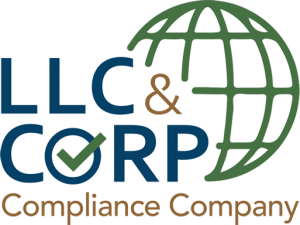
How will FinCen value the information provided in the BOI Report?
Taking into account the reports issued by FinCEN since the Corporate Transparency Act (CTA) went into effect on January 1, 2024, it establishes that a reporting company must submit a BOI report identifying each of its beneficial owners. The report must provide the full legal name, date of birth, residential address, a unique identification number (such as a driver’s license or passport), and an image of the document containing the unique identification number, for each of the effective beneficiaries.
Companies that existed before January 1, 2024 will have one year to submit their first report. Companies incorporated on or after January 1, 2024 must submit their first report within ninety days after their incorporation.
FinCEN will compile BOI reporting information from reporting companies into a massive database. Under its proposed access rule, FinCEN will make BOI report data available to U.S. authorities, U.S. banks, and certain foreign law enforcement agencies for the purpose of combating money laundering and terrorist financing.
Due to the method that FinCEN has presented for data collection, it has received criticism from sectors for not implementing a system to validate the data received in the BOI report from the reporting companies.
The CTA statute required FinCEN to adopt regulations that would not only collect BOI reporting data, but would also be “very helpful (in) confirming” beneficial ownership information reported by banks and financial institutions under the CTA’s already implemented Customer Due Diligence (“CDD”) rules. 31 U.S.C. 5336(b)(F)(iv)(II).
Interest groups such as the FACT Coalition (The Financial Accountability and Corporate Transparency Coalition) have argued that FinCEN needs to do more than simply collect data from the BOI report. Its managers affirm that the data obtained also needs to be validated. As FACT CEO Ian Gary noted: “The Corporate Transparency Act represents nearly a decade of tireless work by a bipartisan group of lawmakers, experts and advocates, and its passage in 2021 was the legislative victory against money laundering. most substantial money of this generation. To realize the promise of this achievement, it is absolutely critical that FinCEN make important changes on the path to faithful implementation.”
In theory, FinCEN could validate this data in several ways. A reporting company’s BOI report is submitted by a senior official of the reporting company under penalty of perjury. So, in a significant sense, the official submitting the report is validating the accuracy of the data through the very act of submitting the report.
It is possible that FinCEN will wait to validate BOI reporting data until the first year of reporting is completed on January 1, 2025. This would provide a better understanding of the level of compliance and a better ability to forecast how a validation system could work.

